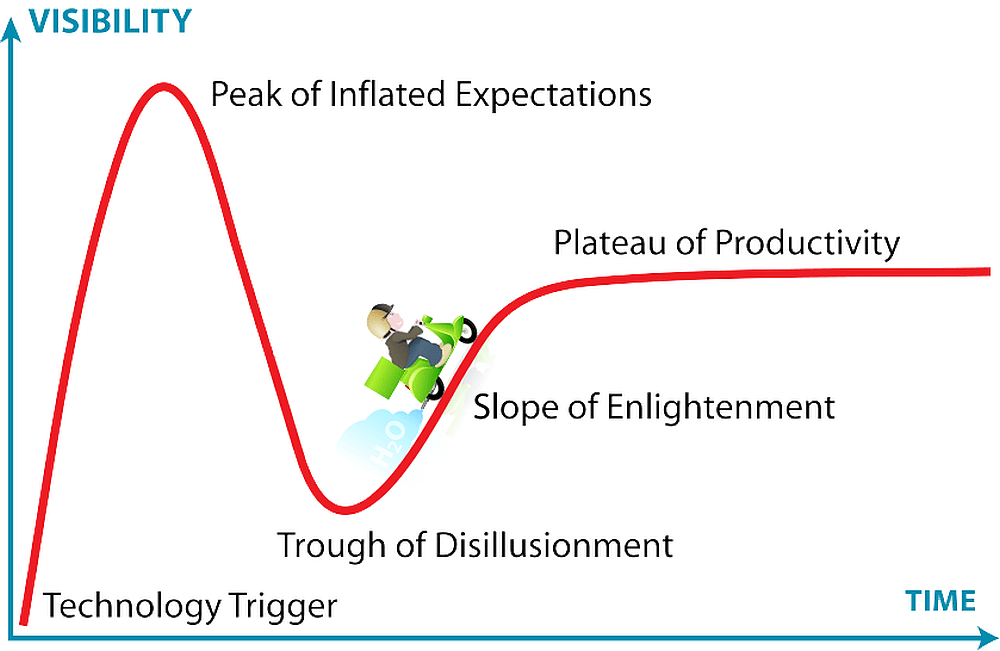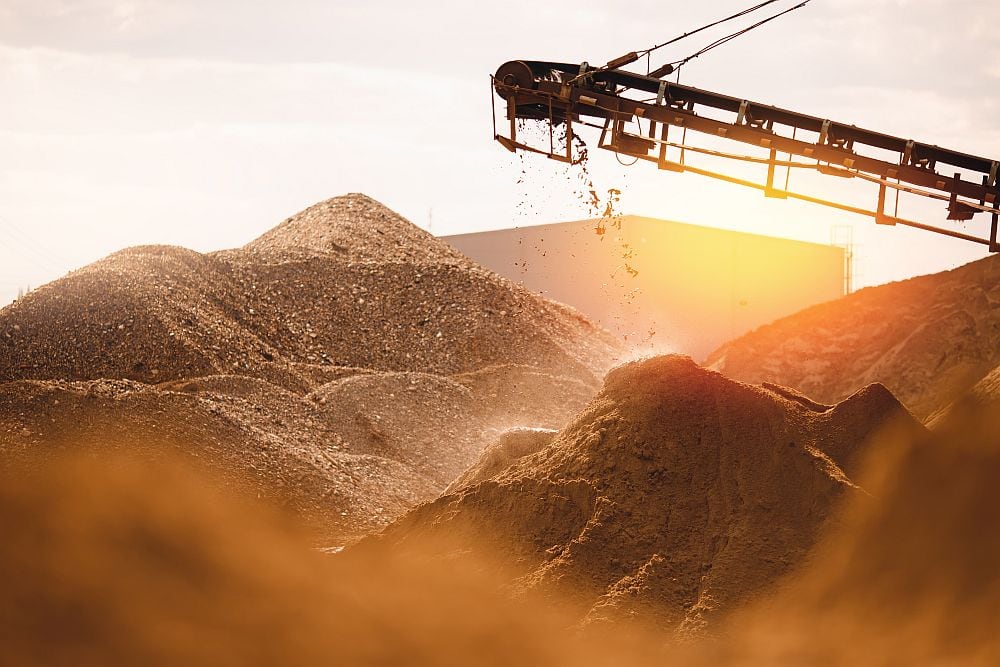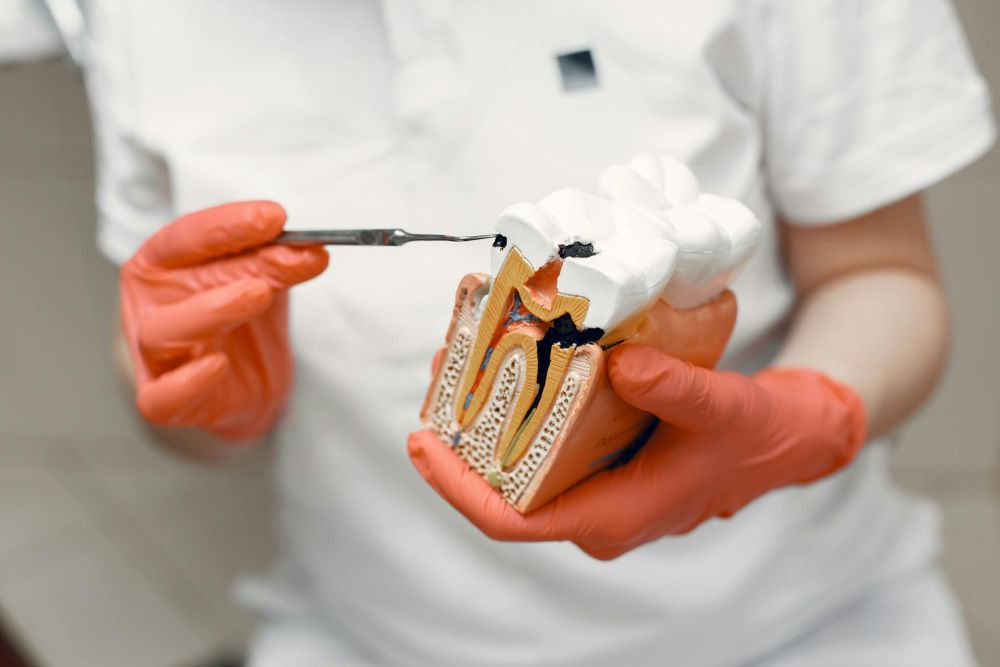According to recent press reports, large glass companies, such as Corning and Guardian Industries, claim that even as the economy improves, they are unlikely to bring domestic employment and production back of commodity-type glass products such as float glass to pre-recession levels.
“Those who are looking through the rear-view mirror, waiting for the glass industry in this country to come back, should know it isn’t going to come back, not the way it was,” Russell Ebeid, Guardian’s chairman, said in an interview with Louis Uchitelle of the New York Times. (Glass Global also provides an edited version of the Times article.)
Labor organizations and some small U.S. manufacturers argue that many emerging overseas manufacturers, such as Chinese glassmakers, are competitive in the United States’ marketplace because they have received significant government subsidies. The subsidies help offset, for example, the cost of shipping glass across the Pacific. Fuel price fluctuations and its affect on shipping have undermined some of the price advantages in certain commodity exports – not just float glass – from Asian emerging markets.
According to the Times article, the Guardian float-glass plant in Carleton, Mich., is operating at less than 85 percent of capacity. Employment has fallen to 410 people, from 520 in January 2008.
Guardian’s Ebeid, however, disagrees with what it sees as the premise of the Times piece, namely, that the companies, themselves, are to blame for the shift of the glass business overseas. In a followup letter to the editor, Ebeid wrote,
“Guardian Industries has grown by building a strong American manufacturing base — only then pursuing global business opportunities. We manufacture close to our markets to be most competitive — so we have built eight float-glass manufacturing plants throughout the United States, all running continuously. When Guardian expands in new markets, jobs are actually added in the United States for support and technology development personnel.
Increasingly, our customers in emerging markets want energy-efficient windows, mirrors and advanced architectural glass. Guardian products have met these needs with recent American investment in high-technology equipment, research and development.
For very high-technology products, we continue to export glass from our American plants to China, Japan, Brazil and many other markets. In our view, the American glass market is not declining.”
Another float-glass maker, Pilkington North America runs two production lines in Rossford, Ohio. The Japanese-owned company makes glass for the automotive industries. A Pilkington spokesperson told Glass Global that production there “have been down over the last 12 to 18 months,” she said.
“The U.S. glass industry [sic] is no doubt at a critical juncture,” the spokesperson said the Obama administration’s stimulus package like the advanced energy manufacturing credit will help.
The Times story noted that U.S. glass makers still had the upper hand in some domestic glass markets. For example, it reported that beer and wine bottles are still made in America by companies such as Owens-Illinois. Anchor Hocking and Libbey still produce consumer tableware and some specialty glass products. The Times points out that Anchor Hocking, which has one Canadian plant but no overseas facilities, has leveraged its production capabilities to meet the demands of picky big-time retailers, such as Walmart, who are notorious for demanding just-in-time deliveries from suppliers.
CTT Categories
- Biomaterials & Medical
- Glass
- Market Insights


